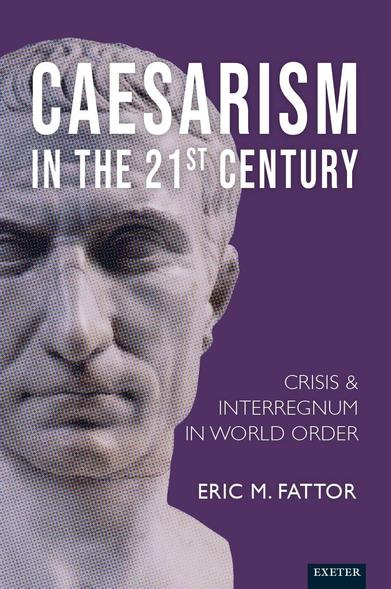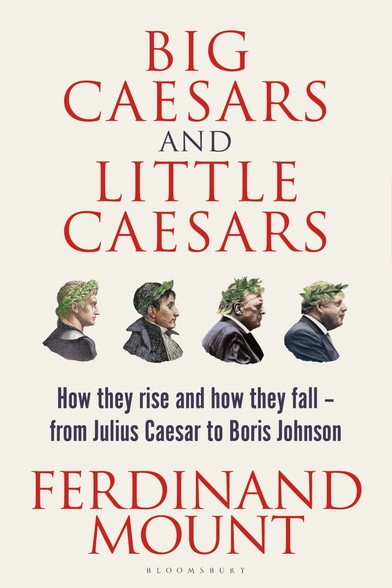Anton and Yarvin’s May 2021 conversation was recorded for the podcast of the American Mind,
a publication of the powerful rightwing #Claremont #Institute,
where Anton is a senior fellow,
and whose growing influence during the Trump era has seen it described as the “nerve center of the American right”.
💥On 8 December, Trump’s transition team announced that Anton would be appointed director of policy planning at the state department.
Anton also served in a communications role in Trump’s first-term national security council from February 2017 until April 2018,
resigning the day before neoconservative John Bolton assumed the role of national security adviser.
After leaving the first Trump administration, Anton did not abandon Trump,
but continued writing about US liberal democracy in bleak terms.
In "Up from Conservatism",
a 2023 anthology of essays edited by the executive director of Claremont’s "Center for the American Way of Life", Arthur Milikh,
Anton wrote that
“the United States peaked around 1965”,
and that Americans are ruled by
“a network of unelected bureaucrats … corporate-tech-finance senior management, ‘experts’ who set the boundaries of acceptable opinion,
and media figures who police those boundaries”.
Anton continued the discussion in sections headed
“The universities have become evil”,
“Our economy is fake”,
“The people are corrupt”,
“Our civilization has lost the will to live”.
His and Yarvin’s conversation was ostensibly about his 2020 book,
"The Stakes".
That book was controversial even on the right for its prolonged consideration of autocratic “Caesarism”
as a means of resolving American decadence.
In the book, he defined #Caesarism as a “form of one-man rule:
halfway … between monarchy and tyranny”.
He adds, though, that
“Caesarism is not tyranny, which, strictly understood,
is a regime that usurps a legitimate and functioning government”,
whereas Caesarism implements “authoritarian one-man rule partially legitimized by necessity”
– that is,
“the breakdown of republican, constitutional rule”,
adding that
“a nation no longer capable of ruling itself must yet be ruled”.
He writes that a
💥“Red Caesar” could be attractive to
“the reds” in the Republican coalition,
who he says are
“under constant rhetorical, political, and, increasingly, physical attack,
especially in blue states”,
-- making them “more likely to turn to a Caesar”.
Anton stops short of openly calling for authoritarian rule,
but in general, he writes that the advantages of Caesarism include
“continuity and stability”
and “the prospect of avoiding conflict”,
and that it “tends to engender calm”.
#CurtisYarvin #MichaelAnton
#RedCaesar


